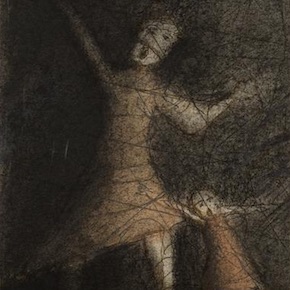
Sybil Oldfield’s The Black Book: The Britons on the Nazi Hitlist is, at first sight, an anthology of lives under terrible threat – a breathless, deeply personal, yet unflinching account of an impressive array of the many biographical journeys, the individual circumstances and diverse fates that earned 2,619 men and women an uncoveted place on...

A neuroscientist by trade, Rachel Genn draws from a deep well of jargon to fill her novel What You Could Have Won. The two words that stick in my head for much of the time I’m reading it aren’t too obscure: Toxicity and Tragedy. It’s no wonder: the novel’s main character Astrid spends a good...
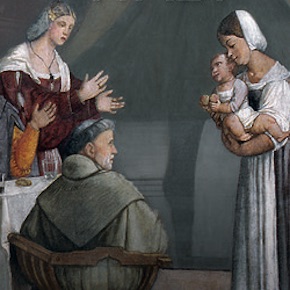
The past few years have seen the explosive emergence of a highly fetishised and merchandised cult of the home: as a fiercely protected private space of explicitly public (voyeuristic) visibility, as the locus of a redefined, globalised community of purported ecumenical camaraderie, as the shrine of high-design spirituality, and as a new status symbol of...
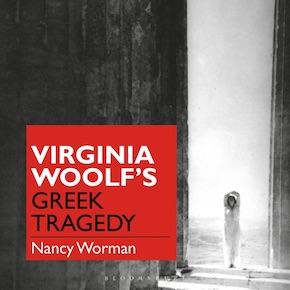
A chorus from Swinburne’s 1865 play Atalanta in Calydon was once an almost self-standing poetic topos, the expression perhaps of a particular moment in the progression of the human psyche – or of the temporal course of eternity, to fiddle with T.S. Eliot’s famous take on the pastness of the past and its presence. Before...

Readers long spellbound by Elena Ferrante’s Valhalla-like worlds of the Italian South, her redoubtable skills as a writer, the swarming opacity of the mystery that enshrouds her, her ‘voice’, defying every categorisation, or even personification, will instantly pick up the familiar echoes and sounds of her previous books as they leaf through the pages of...
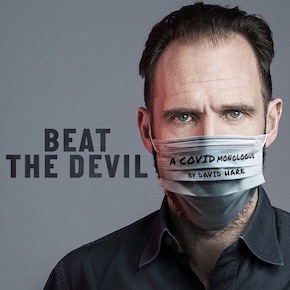
David Hare succumbed to Covid-19 last March, as the UK government continued to dither over following the rest of Europe into lockdown. He contracted it in the confines of a cramped Soho editing room, and was soon experiencing a shortage of breath followed by complex symptoms he describes as “kicking around like I’ve swallowed a...
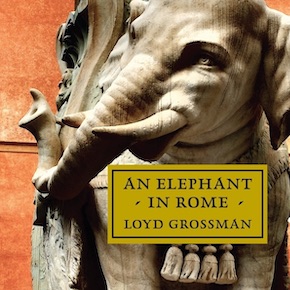
Sometime between the 4th and the 3rd century BC, Poseidippus of Pella wrote the following epigram on the art of breathing life into stone, as he describes the statue of the poet Philitas of Cos by Hekataion: He fashioned the elderly pedant using all his craft, and in accordance with the proper rule of truth....
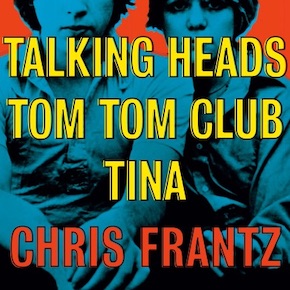
Singer Roxanne Fontana tells a story about her first visit to New York’s CBGBs nightclub in the fall of 1976. Having read in a music magazine about the bourgeoning rock scene on the Bowery in Manhattan, Roxanne took a subway into the city and visited the club in the middle of the day (being underage,...
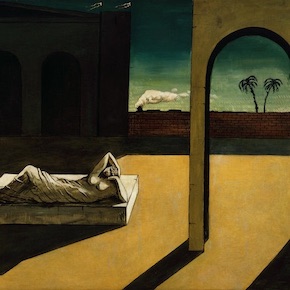
Periods of calmness and peace are often likened to infinity; when the passage of time is blissfully suspended, or sublimely extended beyond the limits of human reckoning or reason. Times of crisis, on the other hand, such as war, are characterised by the particular effect they have on the very notion and substance of time....

Early in the morning of September 1321, Dante died of malaria in Ravenna. Looking at the images (pictorial or sculptural) that we have of him, and considering the corpus of his work, especially the impact he was to have on our understanding of European culture in the centuries to come, one would think this would...
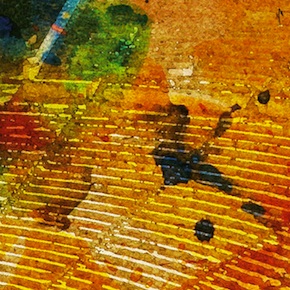
Reading Andrea Marcolongo’s The Ingenious Language: Nine Epic Reasons to Love Greek in certain ways lives up to its English title in providing an epic experience (the Italian original’s simpler 9 ragioni… emphasises the more light-heartedly catchy, yet didactic underpinnings of the text, rather than its epic claims, significance or proportions). As Marcolongo reminds us...
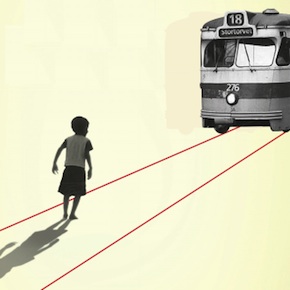
In 1920, two years after the end of WWI, the League of Nations officially began its work of rebuilding the world. It was a grand scheme, a tremendous dream, a triumph of a reconstituted modernity, and the legacy of enlightenment humanism over militarism, colonialism, barbarity and tribalist divisionism. It should have been idealistic. It has...













